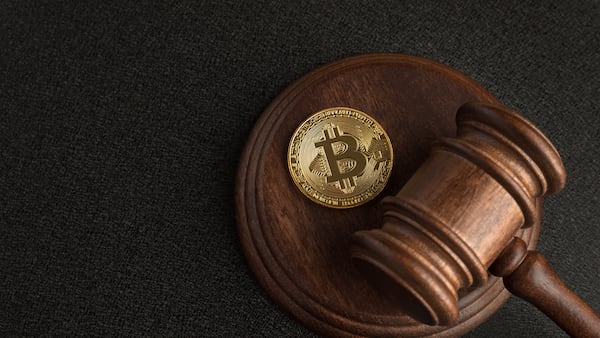- Google clarified its new Play Store rules for crypto wallet apps.
- Non-custodial wallets are not affected by the updated policy.
“Terrible.”
That was X co-founder and Block CEO Jack Dorsey’s one-word judgement of news stories that suggested that Google had banned non-custodial crypto wallets in its Play Store.
He was not alone.
Crypto Twitter exploded in an uproar against a new Google policy update on Wednesday. The update made no distinction between wallet types and thus left developers scrambling to interpret whether new licensing demands applied even to open-source apps that don’t hold user funds.
Some, like wallet provider BlueWallet, publicly questioned whether the rules were legally accurate, pointing out that self-custody software doesn’t require a license under current US law.
Mountain View saw the pushback and hustled to clarify that non-custodial wallets were “not in scope” of the policy and said it would update its Help Center to make this clear.
As of Thursday morning, the policy now includes the line: “Non-custodial wallets are out of scope of the Cryptocurrency Exchanges and Software Wallets policy.”
So, no ban.
Still, the trepidation about the $2.4 trillion tech titan’s update is understandable.
Especially as it was presented as an effort to meet local compliance standards and initially omitted any mention of exemptions for non-custodial wallets.
While FinCEN guidance generally exempts non-custodial wallets and tools from money-transmitter rules, recent court cases against the likes of Samourai Wallet and Tornado Cash show that prosecutors may still pursue charges against crypto projects.
The update also introduced additional licensing requirements for crypto wallets and exchange apps in 15 jurisdictions, including the US, EU, and UK.
In the US, it said developers were required to register as a Money Services Business with FinCEN and also obtain a state money transmitter license, or operate as a chartered bank.
In the EU, the policy states developers must be authorised under the Markets in Crypto-Assets framework as Crypto-Asset Service Providers, a designation typically applied to exchanges and custodians.
Kyle Baird is DL News’ Weekend Editor. Got a tip? Email at kbaird@dlnews.com.








